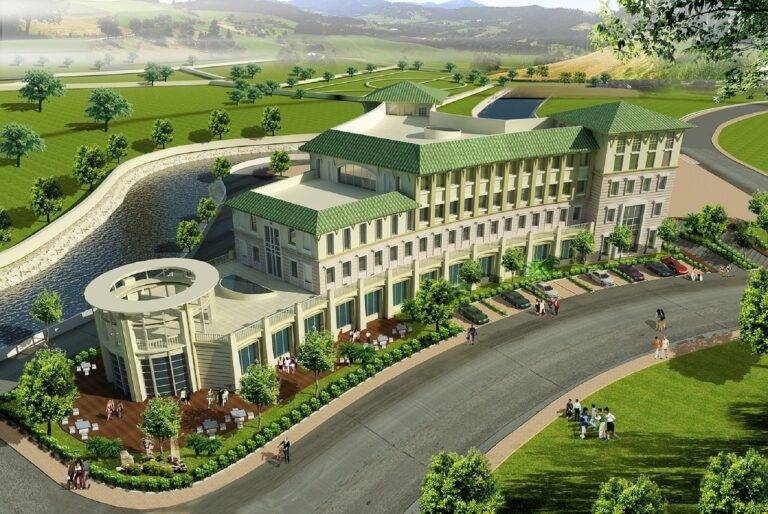The Role of Political Debates in Educating Voters on Policy Issues
Political debates play a crucial role in shaping the understanding of voters. Through debates, candidates have the opportunity to articulate their policies, values, and visions, providing voters with valuable insights into their potential leaders. By observing the interactions between candidates and their ability to defend their positions, voters can gain a better understanding of key issues and the approaches each candidate may take if elected.
Furthermore, political debates serve as a platform for candidates to contrast their ideas and solutions, allowing voters to assess the strengths and weaknesses of each argument. This enables voters to make more informed decisions based on the actual content of the policies presented, rather than relying solely on superficial factors or soundbites. Ultimately, political debates foster a more engaged and educated electorate, empowering voters to participate actively in the democratic process and hold their elected officials accountable.
The Impact of Political Debates on Public Opinion
During political debates, candidates have the opportunity to directly address important issues, showcase their knowledge and values, and present themselves as strong leaders. This interaction allows voters to assess the candidates’ credibility, competence, and capability to lead effectively. By witnessing how candidates perform under pressure and articulate their positions, voters can form opinions about each contender.
In addition, political debates serve as a platform for candidates to distinguish themselves from their opponents. Through debate performances, candidates can highlight their unique policy proposals, leadership style, and vision for the future. This differentiation helps voters understand the nuances of each candidate’s platform and enables them to make informed decisions based on their own values and preferences.
How Political Debates Help Voters Understand Policy Proposals
Political debates play a crucial role in helping voters grasp the intricacies of policy proposals put forth by candidates. Through these debates, voters are able to witness firsthand the ideas and plans that each candidate has for addressing various societal issues. This direct engagement enables voters to form a more informed opinion on which candidate aligns best with their own beliefs and values.
Moreover, political debates serve as a platform for candidates to elaborate on their policy proposals in depth, offering voters a clearer insight into the potential impact of these proposals if implemented. By engaging in debates, candidates are forced to defend and explain their policies, providing voters with a comprehensive understanding of the rationale behind each proposal. This transparency fosters a more educated electorate capable of making informed decisions at the polls based on a deeper comprehension of the policies being presented.





